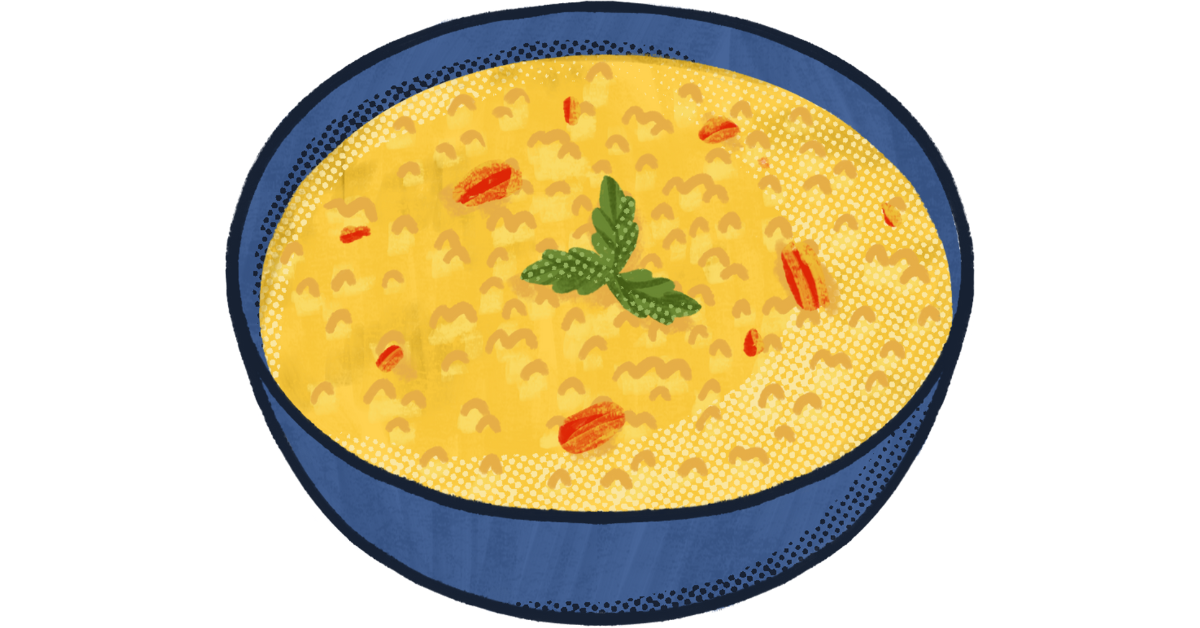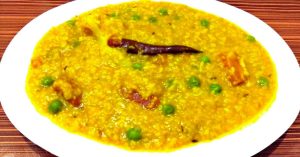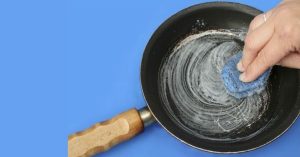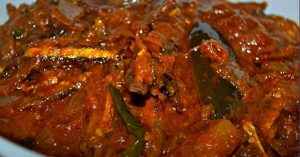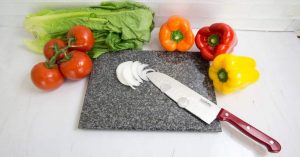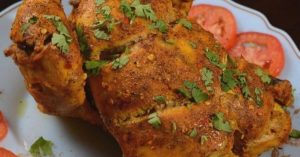The moong dal is a high protein source and contains folic acid, fiber, magnesium, and vitamin B6, which help promote heart health. In addition, moong dal or dal green beans contain complex carbohydrates, fiber, and protein. How much protein in 100 gm moong dal? And how much protein in moong dal? Both questions are most interesting, so you should read our article and find the health benefit of moong dal.
Table of Contents
How much protein in moong dal?
Every human body contains protein in its cell; the primary protein structure is the chain of amino acids. It is also pleasing to know that protein repairs your body cell and make new and develop the growth of the child, teens, and pregnant women.
The grown moong dal is a powerhouse of nourishment and contains a plenteous compound, protein, vitamins, minerals, and amino acids. It also adds that split green moong dal contains around 105 calories, and its protein-rich vegetarian product contains 26% carbohydrates, 71% fat 3%. So it is best to eat format transfer sprouted grass moong dal because it is healthier and rich in high protein.
How much protein in 100 gm moong dal
If you ask a question which dal is most nutritious? It is said that moong dal contains the most nutrients and protein. The moong dal protein ratio is mentioned:
A 100 g moong dal contains 24 gm protein, which means 100 gm moong dal = 24 gm protein.
A germinated 100 gm moong dal contains 26 gm protein. The ratio is 100 gm = 26 gm.
When you soak a 100-gram moong dal in water, sprouts half a cup of the soaking water, its protein intake remains the same, and cook it. Its protein remains the same as the amount you use raw to cook it. The option to sprout it is when sprouted carbs decrease and the protein is broken down into more minor compounds and easy to digest and absorb.
Many researchers believe the protein content of legumes ranges from 18% to 25%, and sprouting does not affect the protein content of dal. The sprouts make the legumes easy to digest and remove toxic factors such as trypsin inhibitors, so adding lemon juice enhances the nutrient value.
Health benefits of moong dal
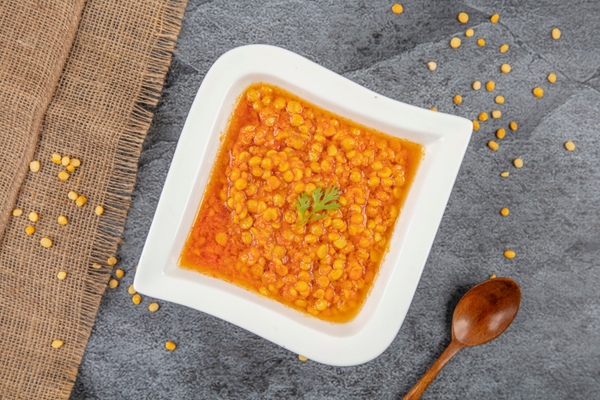
A moong dal contains 45 calories, 0.1-gram fat, 0 mg of cholesterol, 2mg of sodium, 162 mg of potassium, 8 grams of carbohydrates, and 3.1 grams of protein. Its percent daily values are based on 2000 calorie diet, so in the main time, you know the moong dal health benefits. The moong dal has numerous nutritional benefits of it mung beans, lime beans, and pinto beans.
Moong dal is perfect for aids in weight loss.
Moong dal green bean is a source of carbohydrates, protein, and folic acid, and molybdenum. They have good nutrients, an ideal diet, and are most valuable for low fat.
Moong dal contain lower cholesterol levels.
The green moong dal beans help reduce cholesterol because they are fiber-rich. Additionally, the high fiber in green beans keeps blood sugar from rising after mealtime. It is also an excellent choice for human body insulin resistance or hypoglycemia.
Moong dal promotes heart health.
The green moong dal beans contain folic acid, fiber, magnesium, and vitamin B6, which promotes heart health. It also helps to prevent heart attack, peripheral vascular diseases, and stroke.
There are also many benefits of yellow moong dal; they contain anti-cancer properties and also prevent age-related muscular diseases.
Which dal is high in protein?
The protein content varies between different types of dal, and moong dal has 24 grams of protein per cup, while dal has 18 grams of protein per cup. So, it has no confusion about which dal is high in protein source. Many Indian like to eat moong dal dosa, the popular food in this area.
The market has two types of moong dal: yellow moong dal and green moong dal. The green moong dal is a dal that has been split but is not skinned. On the other hand, yellow moong dal has been skinned and split.
100 grams of green moong dal contain 347 g calories, 23.86 gm protein, 1246 mg potassium, 62.62 g carbohydrate, 1.15 g fat, 0 mg cholesterol, and 15 mg sodium. So there is no confusion about the protein source of moong dal.
Conclusion:
Thank you for sharing our blog how much protein in 100 gm moong dal? In the main time, you have known dal protein per 100g andalso get the health benefit of moong dal. You know that moong dal is not only a protein but also a source of various vitamins, sodium, and potassium. Another benefit of moong dal is the get for healthy diet control.
Recent Posts You May Like:
- How to Cook Khichuri Easy Way at Home
- What is the Best Wood for an End Grain Cutting Board?
- How Long to Cook Frozen Fish Fillets In an Air Fryer Perfectly
- How to Clean Non Stick Pans with Burnt on?
- How to Cook Dry Fish Curry at Home
- How to Use Baby Brezza Food Maker
- How to Cleaning Cuisinart Coffee Grinder?
- Instant Pot Air Fryer Lid Recipes Chicken Wings
- Granite Cutting Board Pros and Cons and Buying Guideline
- Dutch Oven Recipes for Chicken – Yummy Food
- How to Cook Vegetable Curry an Easy Recipe
- What Type of Cookware Should be Used on a Glass Cooktop?
